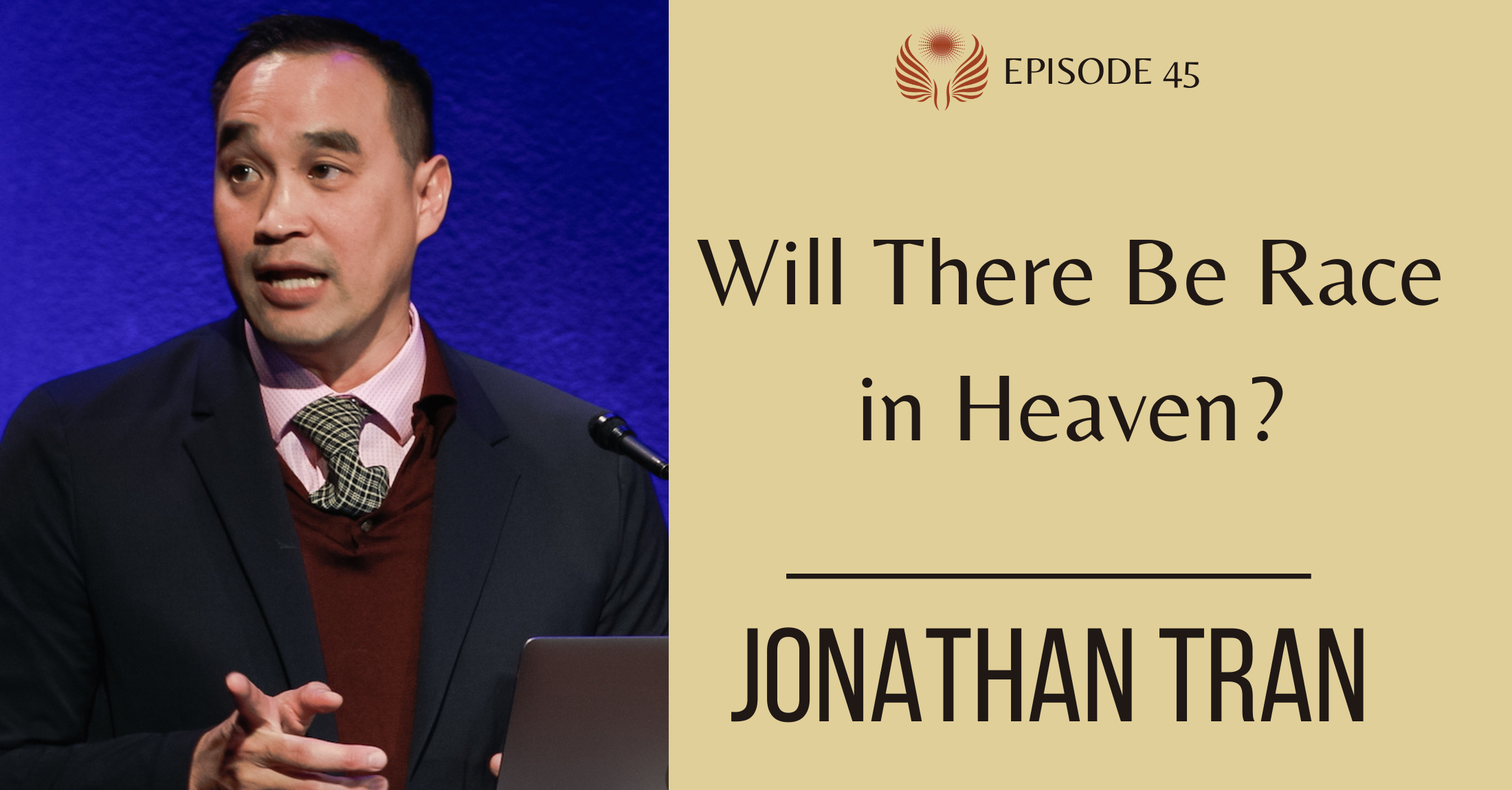Will There Be Race in Heaven?
Over the past year, the debate over how to address racism and systemic inequality has been at the forefront of many people’s minds. Theologian Jonathan Tran argues that the concept of race emerged as a “fig leaf” to cover the naked evils of slavery and racism, rather than as something essential to our identity as human beings. Because of this, seeing race as core to identity risks perpetuating injustice. How can we find ways to talk about identity and difference that don’t assume race is essential to who people are?
Jonathan joins Ryan to discuss this and a broad array of themes relating to race, identity, and their relationship to power, all connecting back to the stories we tell ourselves about who we are, how those stories come to be, and the ultimate story of redemption.
America is a country that tells its story through its wars, and specifically its victories; when it lost the war in Vietnam, it wasn’t sure how to tell or memorialize that story.
The Constantinian temptation: to rely on state craft, state mobilization, and various forms of coercion and violence, rather than committing to reliance on God.
Racism does not begin with a bad idea, but with a disordered desire to dominate others.
Foucault: power is everywhere, but agency is also everywhere.; “We are always more powerful than we recognize.”
Because ideas are conceptualized in our worldview and embedded in material reality, change isn’t as easy as removing bad ideas and replacing them with better ones.
When we do not acknowledge that our existence is dependent on the grace of God, when we turn away from Him as the source, we seek sustenance instead in dominating other beings and the earth around us.
Moral psychology requires us to hide our evil from ourselves with a “fig leaf,” i.e., “I can do that to that person because they’re not really a person.”
Racism emerged to make sense of American slavery and what we were doing to people
“The concept of race is used in a sophisticated moral psychology that provides a sheen of respectability to disordered desires for domination.”
“Part of the problem with race identity is not simply that it lies about race; it lies about identity.
Many diversity initiatives tend to reinforce the categories that we need instead to interrogate
“We need to find ways to mark difference and identity that aren’t tied to political and economic domination.”
Colorblindness would blind us to the realities of racialization and to the injustices that we need to redress.
Deracialization takes into account the political climate that produces race and how it affects people, without saying it’s essential to who people are.
A posture of critique makes us “little masters of suspicion,” whereas the Christian posture is one of proclamation.
Deep Economy: the economy of the world is tied into the divine economy, where justice is natural to the world because it’s natural to the God who created it.
Afro-pessimism takes the evils of racism as the starting point of reality, arguing that any effort towards racial justice is doomed to reproduce inequality.
“Christianity is the razor’s edge between hope and despair: to have hope without the witness of despair is often delusional, and to have just despair is masochistic. Worship is the promise of something better.”
Links:
The Sympathizer by Viet Thanh Nguyen
Race in North America: Origin and Evolution of a Worldview by Audrey Smedley
The Half Has Never Been Told by Edward Baptist
Willie James Jennings
Syndicate Project on the State of Theology
Dayspring Technologies and Redeemer Community Church in Bayview

